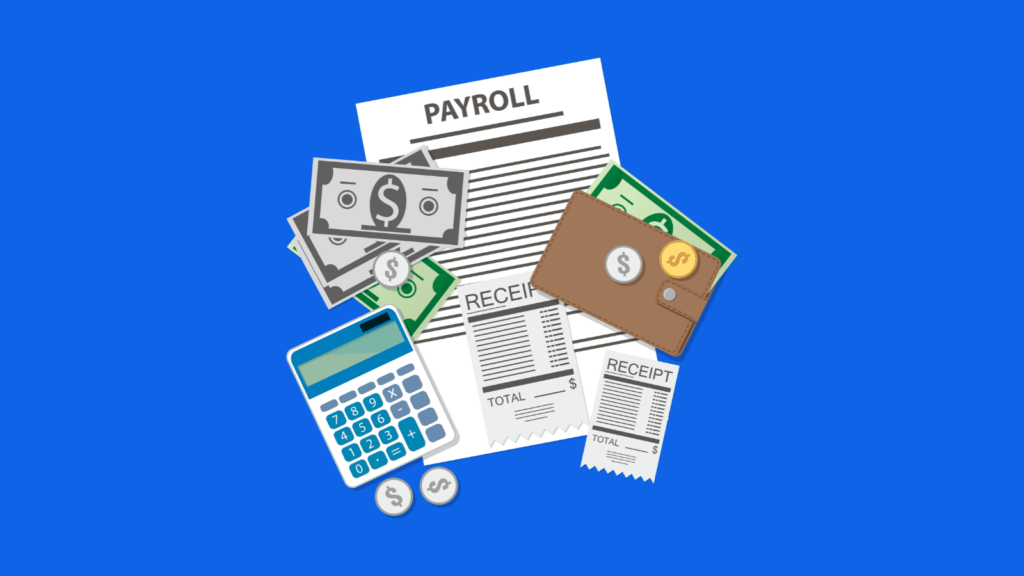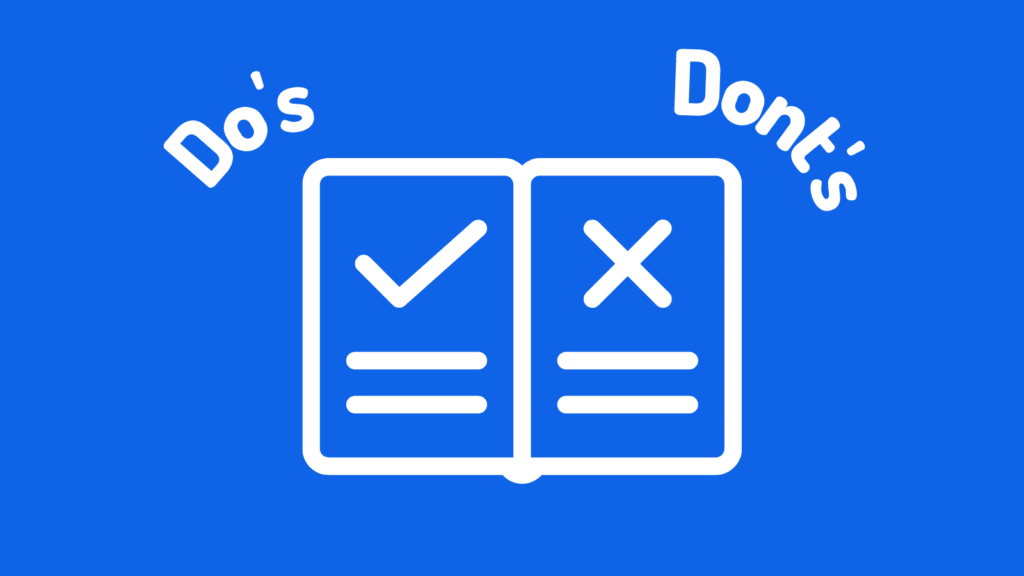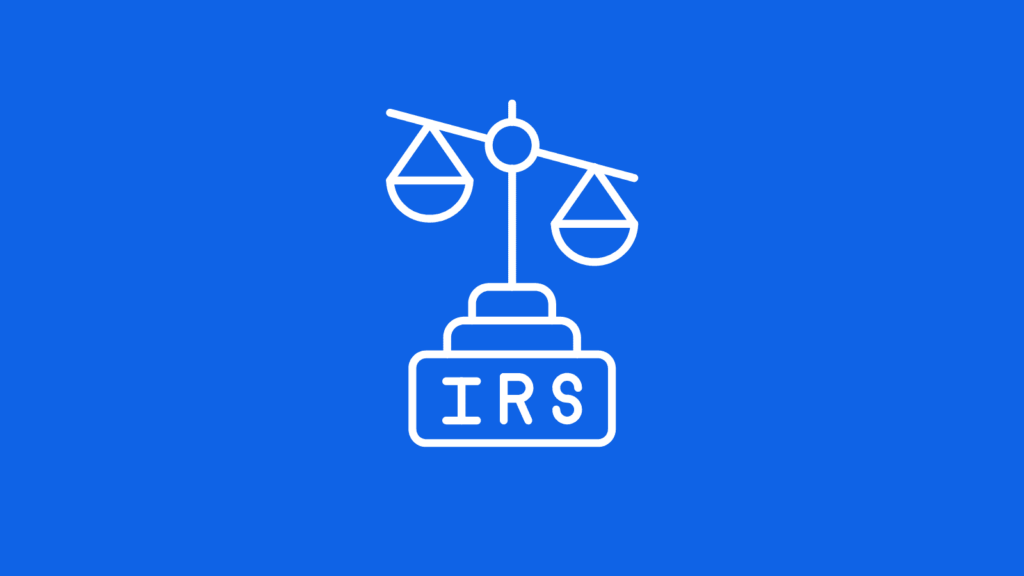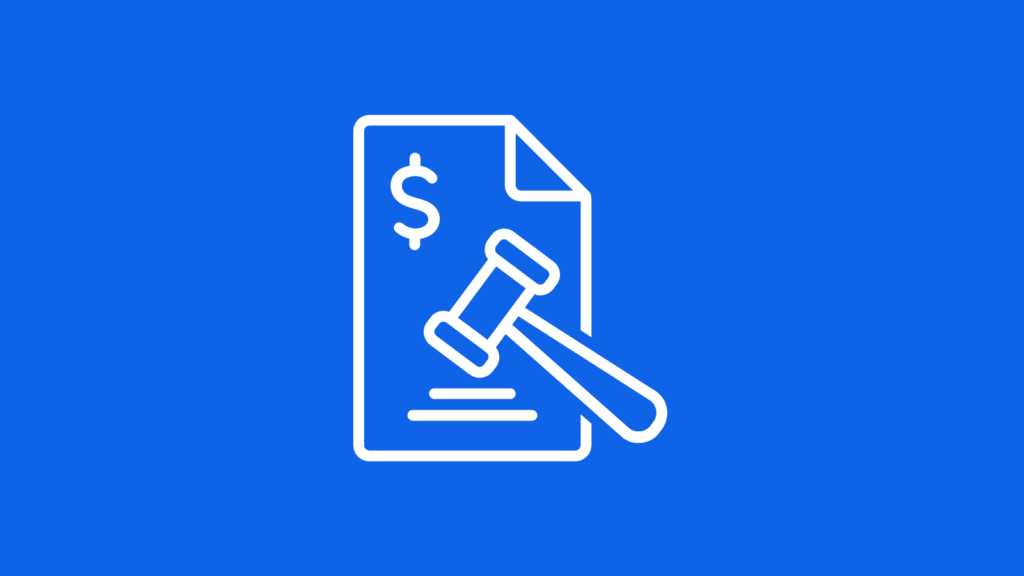How Much Are California Payroll Taxes in 2022?
November 30, 2022

peakreliance
Accounting, Bookkeeping, California, Taxes
California is one of the most expensive states in which to run a business, and that’s not going to change anytime soon. The state has a complex set of laws governing payroll taxes, and they keep getting more expensive over time. In this article, we take a look at how much employers in the state need to pay payroll taxes as of 2022. We’ll explain the details about the different tax types, how they’re calculated and their effect on your business’s bottom line.
What is a Payroll Tax?
The terms “payroll tax” and “payroll withholding tax” are often used interchangeably. However, these two terms actually refer to two very different things. Payroll taxes are the type of taxes employers in the U.S. are required by law to deposit into an employee’s account. This includes both state and federal payroll taxes. Federal law requires employers to withhold payroll taxes from employees’ paychecks. If an employee doesn’t have a sufficient amount of money in their account to cover a certain tax, the employer is required to cover the difference. Federal payroll taxes include: – Medicare tax – This tax applies only to employers with annual payrolls of more than $200,000. It’s a 0.9% tax on the first $200,000 of the employer’s annual payroll, plus an additional 0.9% on the excess amount. – Social Security tax – This tax applies to both employers and employees. Employers pay 6.2% on the first $127,200 of wages, and employees pay the full 12.4% on the first $127,200 of wages, plus an additional 2% on the excess amount of $33,400. – Federal income tax – Employers are required to withhold another 10% of wages paid to employees as federal income tax.
How Are California Payroll Taxes Calculated?
The amount of California payroll taxes you’ll have to pay depends on a number of factors. In general, the amount of taxes you have to pay will depend on the amount of wages you pay to each employee. The formula used to calculate California payroll taxes is:
- Wages paid to employees – The total amount paid in wages for each pay period. California tax laws require that you withhold income tax from this amount.
- California income tax withheld – The amount of income tax withheld from each employee’s wages.
- Federal tax withheld – The amount of federal payroll taxes withheld from each employee’s wages.
Who pays California Payroll Taxes?
Federal law requires that all employers in the U.S. withhold federal payroll taxes from employees’ paychecks. However, California law requires that you also withhold state income tax from your employees’ paychecks. This state income tax is collected by the state and deposited into an account held by the employees. If you’re an employer with employees working in California, you must withhold and pay both state and federal payroll taxes. This income tax is collected by the state and deposited into an account held by the employees. If you have employees working in California, but don’t have a business headquartered there, you don’t have to pay California payroll taxes.
Which Calculation Is Used for Which Type of Payroll Tax?
Federal payroll taxes are calculated using the same formula as California payroll taxes. However, the tax rates and brackets change slightly each year. This means that you need to make sure you’re paying the right amount of taxes. You should use a software program to help you track your payroll taxes. If your business has more than $500,000 in annual payroll, you should also consider hiring payroll taxes for your staff.
Who pays Additional Payroll Tax in California?
Every business in California is required to pay a gross receipts tax. This is paid on all business sales made in the state. Business owners in the state who have employees working in California who earn more than $400,000 annually may have to pay a gross receipts tax on top of the state’s regular payroll tax. This is an additional tax, called an excise tax, levied by the state.
Conclusion
California has a complex set of payroll tax laws, which can make it difficult for employers to stay on top of their tax obligations. However, these laws do impact your bottom line, so it’s important to stay abreast of the latest taxes and payroll tax rules. To stay compliant, you’ll need to track your employees’ earnings and withhold the appropriate amount of taxes from their paychecks. The good news is that payroll taxes are a source of revenue for the government, so they’re worth the hassle.
If you need help with your payroll taxes in California, Peak Reliance has the necessary experience in organizing the finances. We have experienced and qualified tax experts to assist you. Check out our pricing plans or call us at +1 (718) 218-5558 for more information.
Post Tags :
California Payroll Taxes, Payroll Taxes, Tax filing, Tax Season
About Us
Empowering small businesses and individuals with efficient and reliable bookkeeping & tax services.









